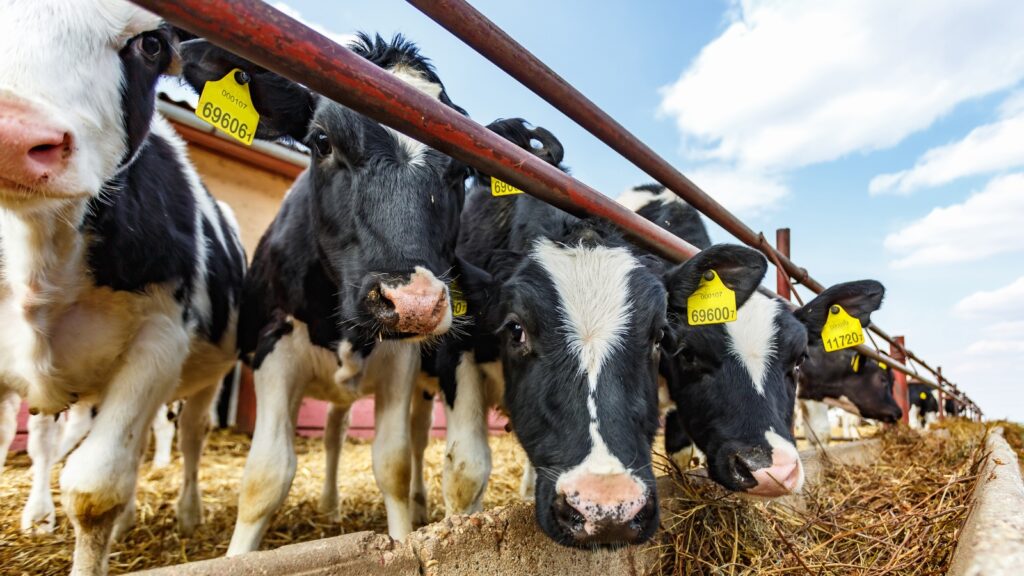GA recent study led by Berlin-based cultivated dairy company Formo, with Mercy for Animals and Fordham University, explored consumers’ reactions, understanding, and attitudes on precision fermentation-made dairy.
As part of the study, a total of 42 consumers from Germany, the UK, the US, and Singapore discussed their thoughts about animal-free dairy in their respective focus groups.
The first-of-its-kind study reports that there is a great deal of curiosity surrounding animal-free dairy and that consumers show great enthusiasm towards trying dairy products made using precision fermentation.
The initial reactions based around precision fermentation were intrigue and disbelief that such products were possible, with the majority indicating that they would like to try the product themselves.
Animal welfare
Nearly all of the participants agreed that society should work harder to treat animals with dignity, and the vast majority of them readily linked that a “new way of making dairy” would reduce the need to subject cows to the poor welfare conditions of industrial animal agriculture.
When asked about their motivations behind trying animal-free dairy, most of the participants readily acknowledged the harsh realities of modern-day animal agriculture and the animal welfare advantages of the new technology.
“Why do we deserve to make them subject to this kind of treatment, especially if it’s for our benefits and especially if like, you know, these big corporations are reaping the benefits from their misery?” – Female Singaporean participant, aged 50, on animal welfare in modern agriculture.

Environment and climate change
Most of the participants understood the environmental benefits of producing dairy using the new technology.
Scientific research shows that animal agriculture is responsible for 14.5 – 16.5 percent of human-made greenhouse gas emissions — greater than all transportation combined.
Dairy farming releases large amounts of greenhouse gases into the atmosphere, such as methane, nitrous oxide, and carbon dioxide, so it’s hardly surprising that the vast majority of participants responded positively to the environmental benefits.
The participants acknowledged the urgency of the climate crisis and identified the need to reduce emissions, “food miles,” and the amount of land and natural resources needed for dairy production.
It’s all in the name
The participants were asked to consider five potential names for dairy products crafted using precision fermentation:
- Animal-free dairy
- Next-gen dairy
- Cultivated dairy
- Bio-identical dairy
- Parallel dairy
“Animal-free dairy” was the most favored term, described as the most appealing and most straightforward.
People were also quick to connect the term “animal-free” to the product itself. “Next-gen dairy” was the next most favored term, and “parallel dairy” was the most disliked.
So how does precision fermation work?
The process works by “programming” microorganisms, such as yeast or fungus, to produce bio-identical milk proteins, all without actually harming any cows in the process.
In order to produce animal-free milk proteins, the desired fragment of genetic information (the genetic blueprint), is planted into a culture of microorganisms such as yeast, bacteria or fungi.
The host microorganism replicates the foreign genetic information, producing large amounts of protein with desirable properties.
Once enough proteins have been produced, the proteins are separated from the microorganisms, leaving milk proteins that are identical to the conventionally produced animal proteins.
These proteins can then be used to produce a range of dairy products that achieve the same taste, structure, meltability, stretchability as traditional dairy products.
Precision fermantation is the future
Plant Based News co-founder Klaus Mitchell predicted in a speech last year that the world will go vegan, and that we probably won’t even notice. Mitchell predicts that precision fermentation will play a huge role in the transition.
This study ultimately highlights the remarkable level of interest and enthusiasm for precision fermentation, suggesting that there’s a strong consumer acceptance for animal-free products.






